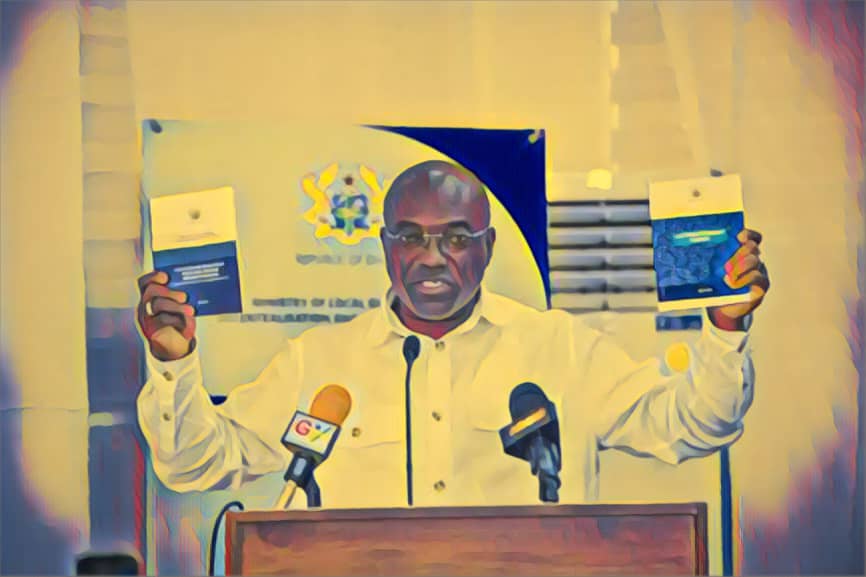KEY POINTS
- Ghana launches a five-year Local Economic Development Policy (2024-2029) aligned with AU Agenda 2063.
- MMDAs are expected to leverage local resources for business growth and job creation.
- Training programs and stakeholder collaboration are central to the policy’s success.
The Local Economic Development (LED) Policy and Implementation Plan for 2024-2029 has been launched by Ghana’s Ministry of Local Government, Decentralization and Rural Development. This program is expected to enhance the efficient utilization of resources, improve business environment, and promote sustainable economic development in the various regions of the country.
The policy is closely aligned with the African Union’s Agenda 2063, a strategic framework promoting sustainable development across Africa.
Focus on local resources and private sector growth
According to post on X from TV3GH, a report by 3news stated that the policy emphasizes the role of Metropolitan, Municipal, and District Assemblies (MMDAs) in leveraging local resources to stimulate economic activities and create opportunities for businesses.
Speaking at the policy launch, Martin Adjei-Mensah Korsah, Minister for Local Government, Decentralization, and Rural Development, highlighted the critical importance of the private sector in driving job creation and wealth generation.
“The new policy is fully aligned with the African Union’s Agenda 2063, which is a comprehensive strategy to harness Africa’s resources for the benefit of its people. Also, our goal is to promote inclusive economic growth, modernize agricultural production, and create decent jobs,” the Minister explained. Moreover, he noted that the policy seeks to foster diversified economies that will reduce poverty and build sustainable livelihoods.
Strategic implementation and training programs
During the launch of the policy, Prof Nicholas Awortwi, the Director of IGES revealed that it would be implemented according to the district’s economic endowments. He disclosed further that IGES has mapped out all the districts in Ghana and has presented their resource potentials for developmental facilitation.
“We are moving away from outdated models and focusing on what each district needs based on current realities. This new policy allows us to tailor training and development programs to meet actual local needs,” Prof. Awortwi stated.
Speaking at a panel discussion, Nelly Joana Spio-Abaidoo, head of industrial art and craft at the Ghana Export Promotion Authority (GEPA), called on district assemblies to proactively involve all relevant stakeholders, especially when implementing the policy. Furthermore, in her view, a timely interdisciplinary approach guarantees that the projects and resources effectively meet the needs of the target population.
“If we engage stakeholders early enough, we can plan resources and projects that genuinely reflect what the communities need. This ensures better alignment with yearly plans and smoother execution,” she stated.
In addition, the Ministry pointed out that the emphasis of the LED Policy is to foster economic growth at the regional and community levels. Overall, the policy seeks to encourage growth of local enterprises, generate employment and foster sustainable development among the people.




